Performance Analysis
The MSI RTX 2060 Gaming Z offers the joint-best out-of-box experience we’ve seen from an RTX 2060 in terms of clock speeds, boosting all the way to 1,980MHz and sustaining it without any faltering. This is the same as the Asus Strix OC card, but with its secondary BIOS and software-based OC Mode, Asus’ card is able to stretch further after a little user intervention. Either way, the card boosting so high is testament to its generous overclock and solid cooler design.
At this stage, RTX 2060 performance is fairly well established, so we won’t spend ages discussing individual results, other than to point out that driver issues still seem to be affecting Total War: Warhammer II results for Nvidia. Suffice it to say that this overclocked card is excellent for 1080p gameplay and will also pump out solid frame rates at 1440p, but 4K is a little too much when it comes to more challenging titles, hence why we’ve not tested this card at that resolution. It’s also more than capable of keeping virtual reality headsets happy.
Relative to other RTX 2060s, there’s no meaningful difference compared to any of the factory overclocked models (always under 1.5 percent), but the overclock and boosting does allow this MSI card to be four percent faster than the Founders Edition.
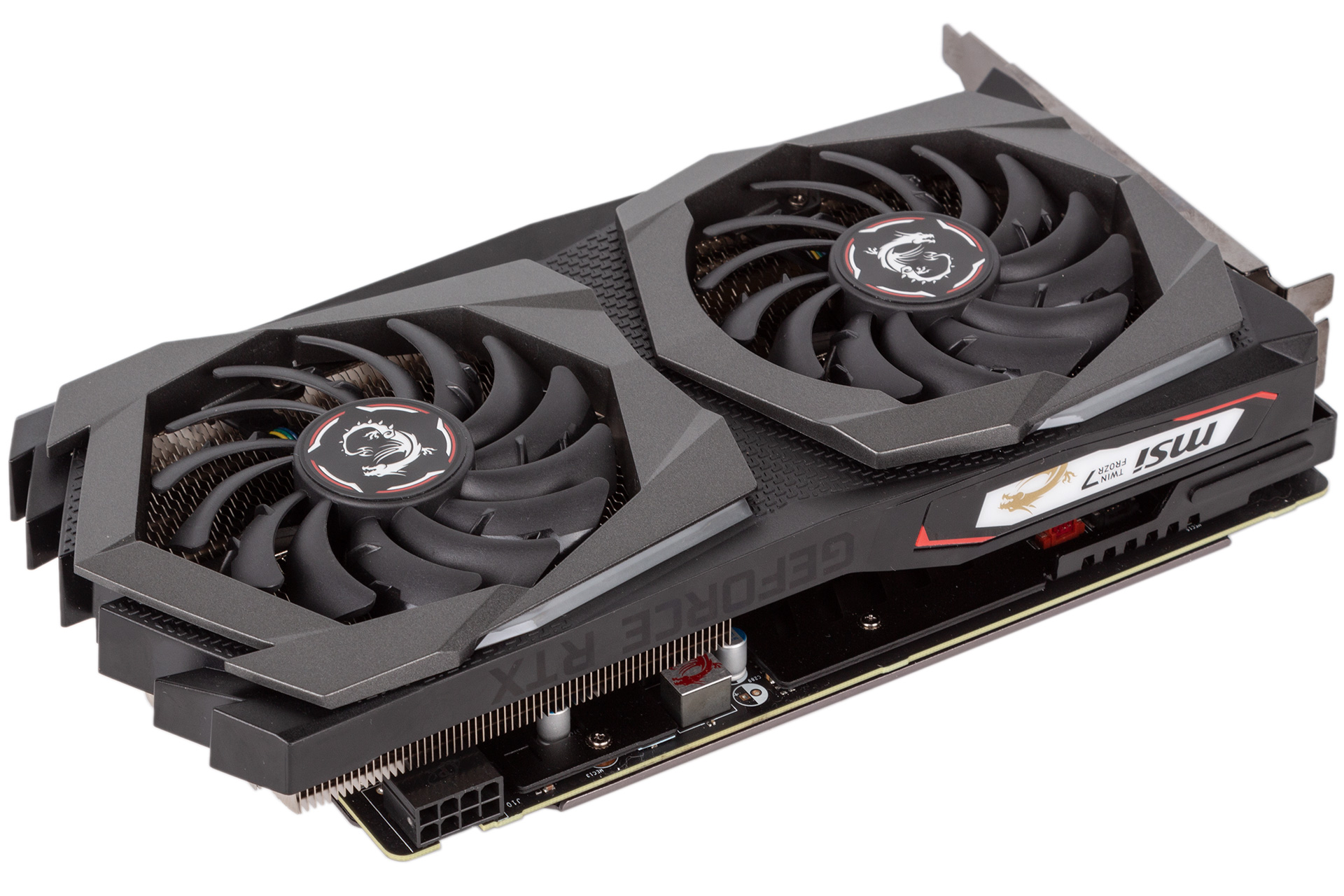
The MSI RTX 2060 Gaming Z also emerges as 25 percent faster than a GTX 1660 Ti, while the card above it, the RTX 2070, is only around 10 percent quicker on average. Since all of these cards use the Turing architecture, there isn’t much variation in these figures between individual tests or when you break it down by API or resolution.
Differences between AMD, meanwhile, can vary quite drastically by game. Deus Ex and Total War: Warhammer II, for instance, see even the Vega 56 able to surpass this RTX 2060, but others like World of Tanks and Wolfenstein heavily favour Nvidia.
Power consumption here is higher than any other RTX 2060 we’ve seen and roughly on par with what we see from a reference Vega 56 (overclocked ones would be higher).
Thankfully, this extra power is handled admirably by the Twin Frozr 7 cooler. As well as being totally silent when idle, the card is on the verge of inaudible even under load, with the 40 percent (1,400 RPM or so) peak fan speed being very ear-friendly. Better yet, only the massive three-fan Asus card has managed a lower temperature for the RTX 2060, and even then MSI is only 2°C warmer.
Overclocked, we had the card running at 2,055MHz consistently, again without any signs of throttling. The fans had to spin up to 42 percent to cope with the slight increase in power, but this was still very hard to hear and the temperature got no warmer, so it’s a great result. As we’ve seen before, an RTX 2060 pushed to its limits will offer RTX 2070-esque performance, and that’s exactly what we saw here.
Conclusion
The MSI RTX 2060 Gaming Z is the best third-party RTX 2060 that we’ve seen. As well as being faster than the RTX 2060 Founders Edition, which is really the card to beat, MSI’s cooler has semi-passive fans and runs quieter and cooler, meaning it wins on all the major performance fronts. It is larger and more power-hungry, but it isn’t stupidly large, and power consumption always goes up when overclocking Turing hardware, so these aren’t deal breakers. You get little extra niceties like semi-passive fans and RGB lighting too, and the cooler is many times more easy to take apart in case of maintenance.
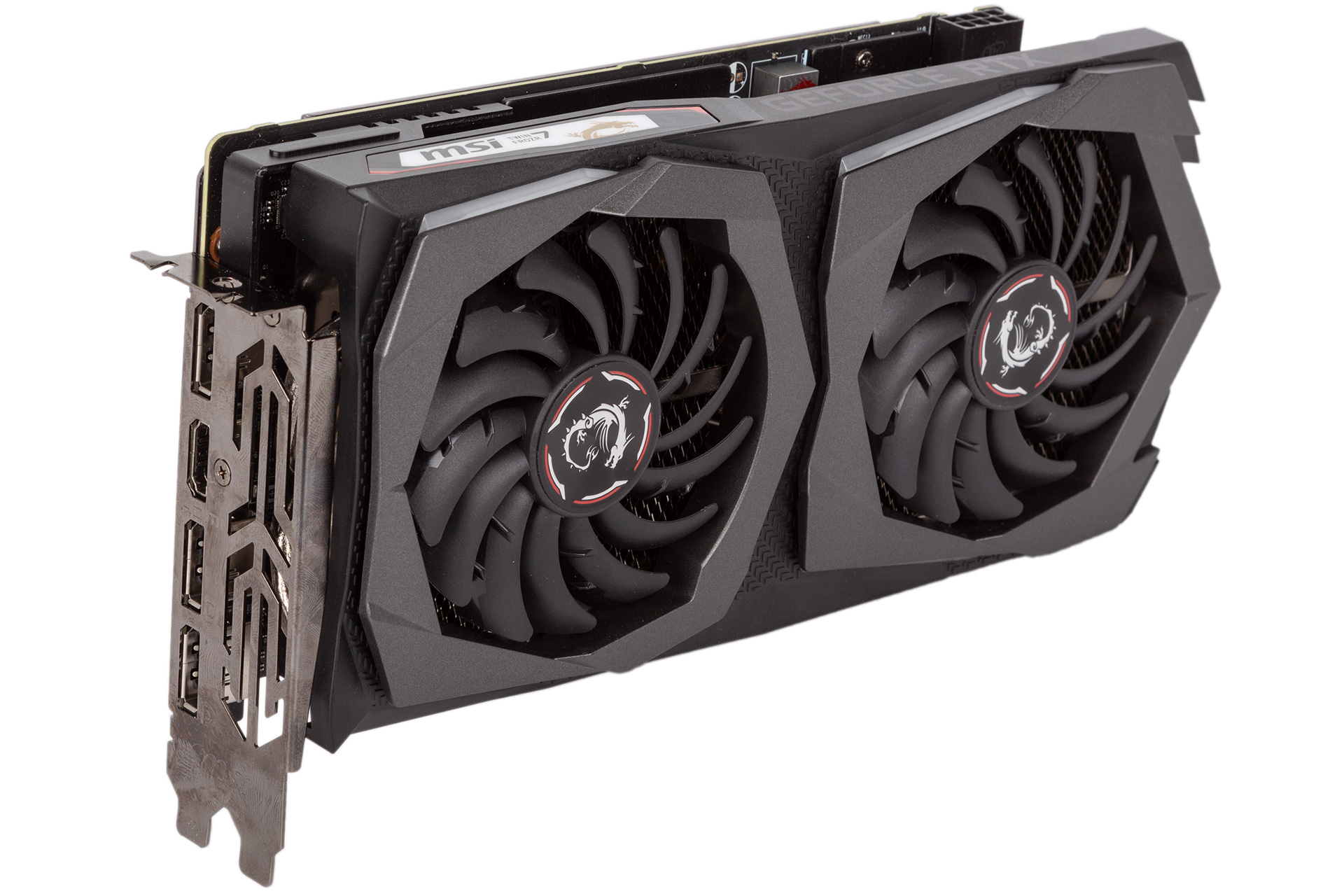
The Asus Strix card may have even more features like its secondary BIOS and onboard RGB/fan headers, but these are of limited use, and it’s so expensive that the RTX 2070 starts to hold more appeal. At £380, MSI’s card is expensive, but it justifies it well.
Pure bang for buck customers are still better off currently with the GTX 1660 Ti, but that card won’t get you any ray tracing or DLSS capabilities and will be about 20 percent slower than what you see here. Features also tend to be slimmer on those cards, and it doesn’t qualify for a free game. All of which means the RTX 2060 still holds a strong position in the market, and AMD’s Vega 56 and Vega 64 cards are weaker offerings overall on account of their higher power consumption, temperatures, and noise, but you shouldn't write them off entirely if these factors are less important to you.
Well built, generously overclocked, fitted with an excellent cooler, and fairly priced, the MSI RTX 2060 Gaming Z is as good as RTX 2060 gets.


MSI MPG Velox 100R Chassis Review
October 14 2021 | 15:04

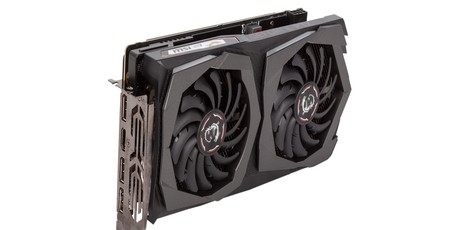
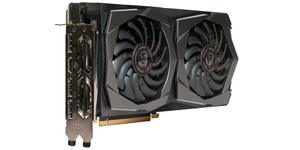
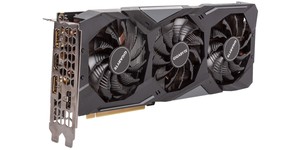





Want to comment? Please log in.